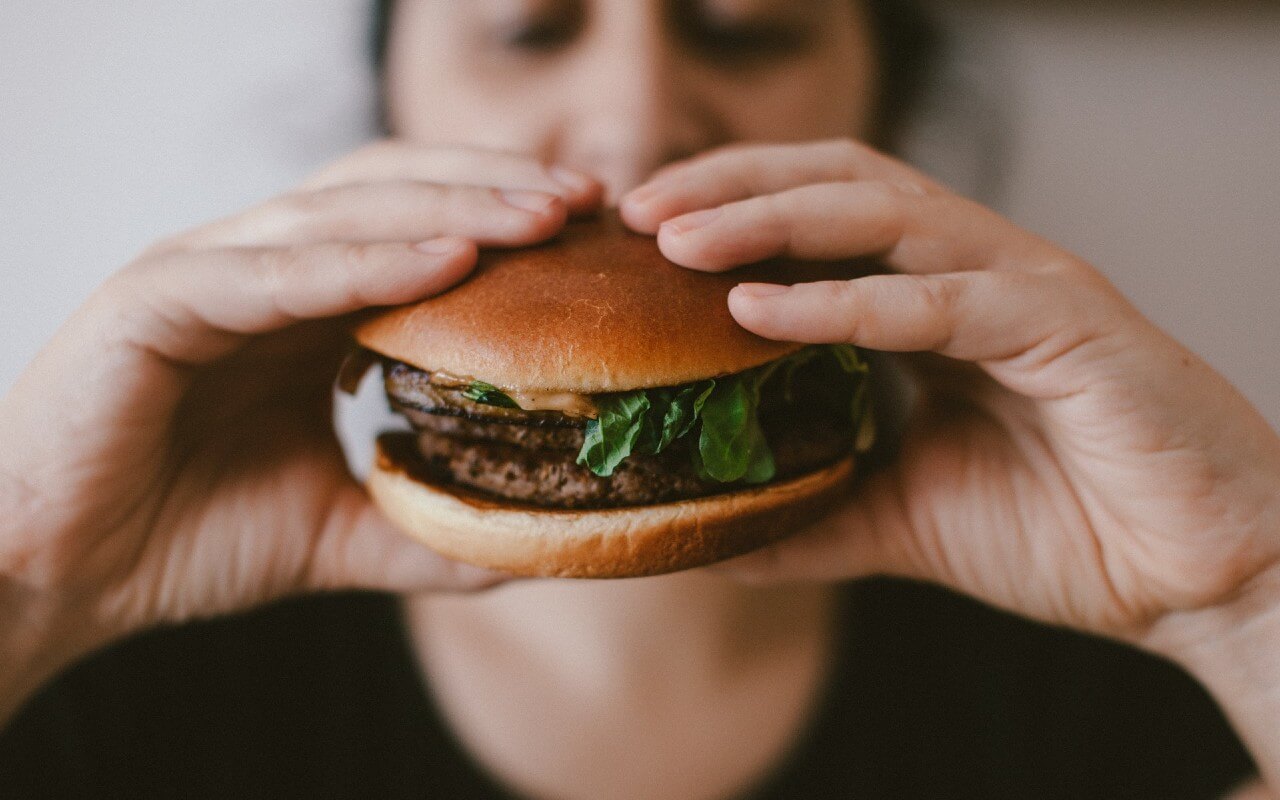Increasing concerns about dental aesthetics are becoming more common in modern society and have led to a growing demand for aesthetic treatments. Tooth whitening is one of the most popular and desired cosmetic dental procedures, especially among youth. An increasing number of people are opting for brighter, whiter teeth.
What is tooth whitening?
Tooth whitening can be a very effective way to lighten your teeth’s natural colour, without removing any tooth surface. While it cannot make a complete change of colour, the existing colour may be lightened by several shades.
How do your teeth get discoloured?
There are several reasons why teeth can become discoloured:
Extrinsic discolouring: It occurs when the teeth are stained by food, beverages, or smoking habit. Tea, coffee, red wine, colouring agents in foods, and tobacco may contribute to this type of colouring.
Intrinsic discolouring: It is from the interior of the tooth. It may be due to medication use, childhood illness, infection, tooth trauma, or aging.
Teeth Whitening options:
There are two categories of treatment: Professional teeth whitening by your dentist and use of over the counter products.
Professional teeth whitening: Your dentist will use a variety of different techniques to whiten the teeth, either in the dental office or at home. The active ingredient used in these techniques is hydrogen peroxide or carbamide peroxide which are teeth bleaching agents. In-office whitening treatment at your dental clinic can be useful as it works very quickly and effect may last longer. You may need just an hour of care or a few visits to whiten your teeth. The whitening solution used by your dentist is usually stronger than at-home kits. At-home teeth whitening: dentists can help you whiten your teeth in the comfort of your home. Your dentist will give custom-fit trays that fit in your mouth. You must apply a gel to it and wear the tray 30 minutes to 1 hour a day (as your dentist advises) for a few weeks to whiten your teeth.
Over-the-counter (OTC) whitening products: Such products, unlike those provided by a dentist, have no carbamide peroxide, or even less than those used by dentists. As a result, the OTC teeth whiteners may not act as well or may take longer to whiten your teeth especially if your teeth are intrinsically discoloured. Whitening toothpaste acts by the action of mild abrasives to remove surface stains only. These products do not alter the intrinsic colour of teeth, as compared to teeth bleaching agents.
Things to consider before you opt for teeth whitening:
Before deciding to whiten your teeth, it is necessary to speak to your dentist to find out if you’re the right candidate for teeth whitening. Whiteners may not correct all forms of discolouration. Tooth whitening can work only on natural teeth. It won’t work on any kind of ‘false’ teeth, like dentures, crowns, and veneers. Tooth bleaching can temporarily make teeth sensitive. Home kits can lead to burns or temporarily bleached gums when used incorrectly.
In conclusion, the whitening of your teeth is considered safe as long as you stick to dentist-approved methods. Bleaching results can last several months but also depends on your lifestyle. Make sure you use the method which fits your needs and always follow your dentist’s directions.

























